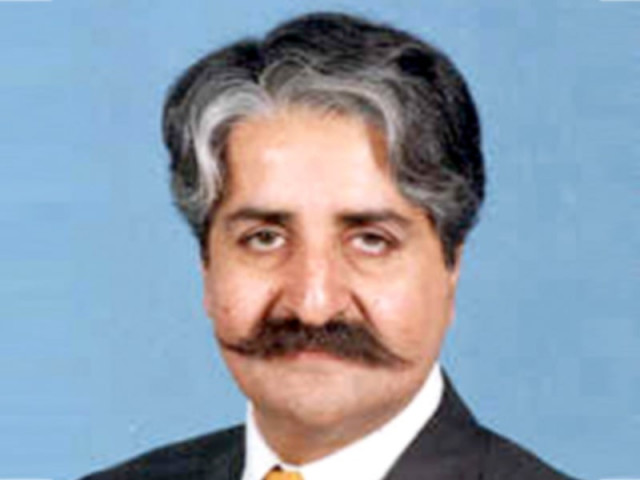Legislative business: National Assembly approves bill tightening fiscal belt
Also passes bill granting legal status to the private power and infrastructure board.

In a bid to curtail their profligacy, lawmakers assented to tightening the fiscal noose around the incumbent and future governments.
After some fine-tuning by the upper house of parliament, the National Assembly on Wednesday approved a bill that would limit the federal government’s borrowing and reduce its influence over the central bank.
“… The federal government borrowing from the [central] bank shall be such that at the end of each quarter [it] shall be brought to zero, barring the ways and means limit that shall be determined by the central bank from time to time,” read a newly-inserted clause into the State Bank Act, 1956.
The bill placed the responsibility of debt retirement on the incumbent, and successive, governments.
“The debt of the federal government owed to the [central] bank as on 30th April, 2011 shall be retired not later than eight years from that date,” reads another clause.
In the event that either of the above two conditions are not met by the federal government, “the Finance Minister shall place before the Parliament a statement giving detailed justification for the said failure,” subsequent clause adds.
The bill also attempted to insulate the central bank from government’s influence.
“The [central] bank, the members of the central bank or the staff of the bank, shall not take instructions from any other person or entity including government or quasi-government entities,” read another clause.
Empowering monetary policy committee
Earlier, the bill was fine-tuned by the upper house of parliament.
The statement of objects and reasons for the bill, already approved by the Senate, proposed to replace the ‘redundant’ monetary and fiscal policies co-ordination board and grant the Monetary Policy Committee a statutory status, with external experts to be appointed by the federal government.
The committee will be responsible to formulate, decide and implement the monetary policy and decide on issues including key interest rates, supply of reserves, exchange rate policy, and the limits and nature of advances and loans to the government.
The central board will be represented by two members on the committee, it added.
Power board bill
The house also passed the Private Power and Infrastructure Board Bill, 2011 after Minister for Water and Power Naveed Qamar assured lawmakers that “no hydroelectric project can be set up without prior approval of the province concerned.”
Qamar’s assurances were to a fellow lawmaker, Syed Zafar Ali Shah of the ruling Pakistan Peoples Party, who had raised objections and proposed amendments in the bill saying it was “full of lacunas” and the provinces should be assured of their rights.
Earlier, when the bill was moved in the Senate, members from the opposition and treasury benches had termed it an infringement of provinces’ rights.
Donor agencies have time and again mentioned that Private Power and Infrastructure Board (PPIB) should have a legal status, read the statement of objects and reasons of the bill.
“The Asian Development Bank even made the statutory status of PPIB as one of the conditions for its multi-tranch financing facility extended to the government of Pakistan,” it added.
Other trivia
Earlier, the law minister informed the house that corruption cases against 11 parliamentarians, including Hamza Shahbaz, Javed Hashmi and Aftab Sherpao, were pending in the courts while inquiries against 3 parliamentarians have been closed down.
The advisor to prime minister on human rights informed lawmakers that 9,422 cases of violence against women were registered in 2011, compared to 7,658 cases in 2008.
In 2011, 1,660 cases of violence against children were registered, compared to 2,275 cases in 2008, he added.
Published in The Express Tribune, February 9th, 2012.



















COMMENTS
Comments are moderated and generally will be posted if they are on-topic and not abusive.
For more information, please see our Comments FAQ